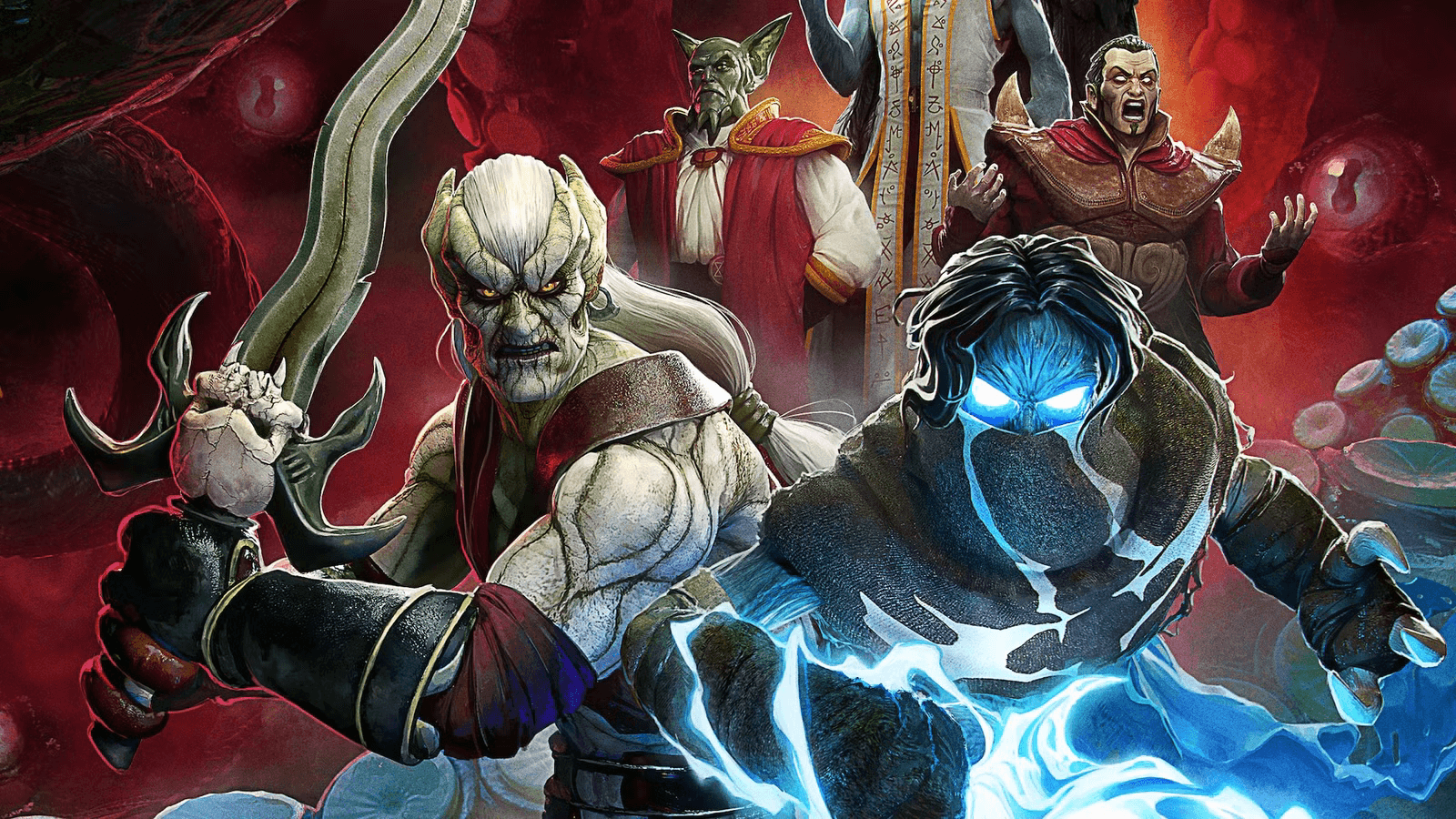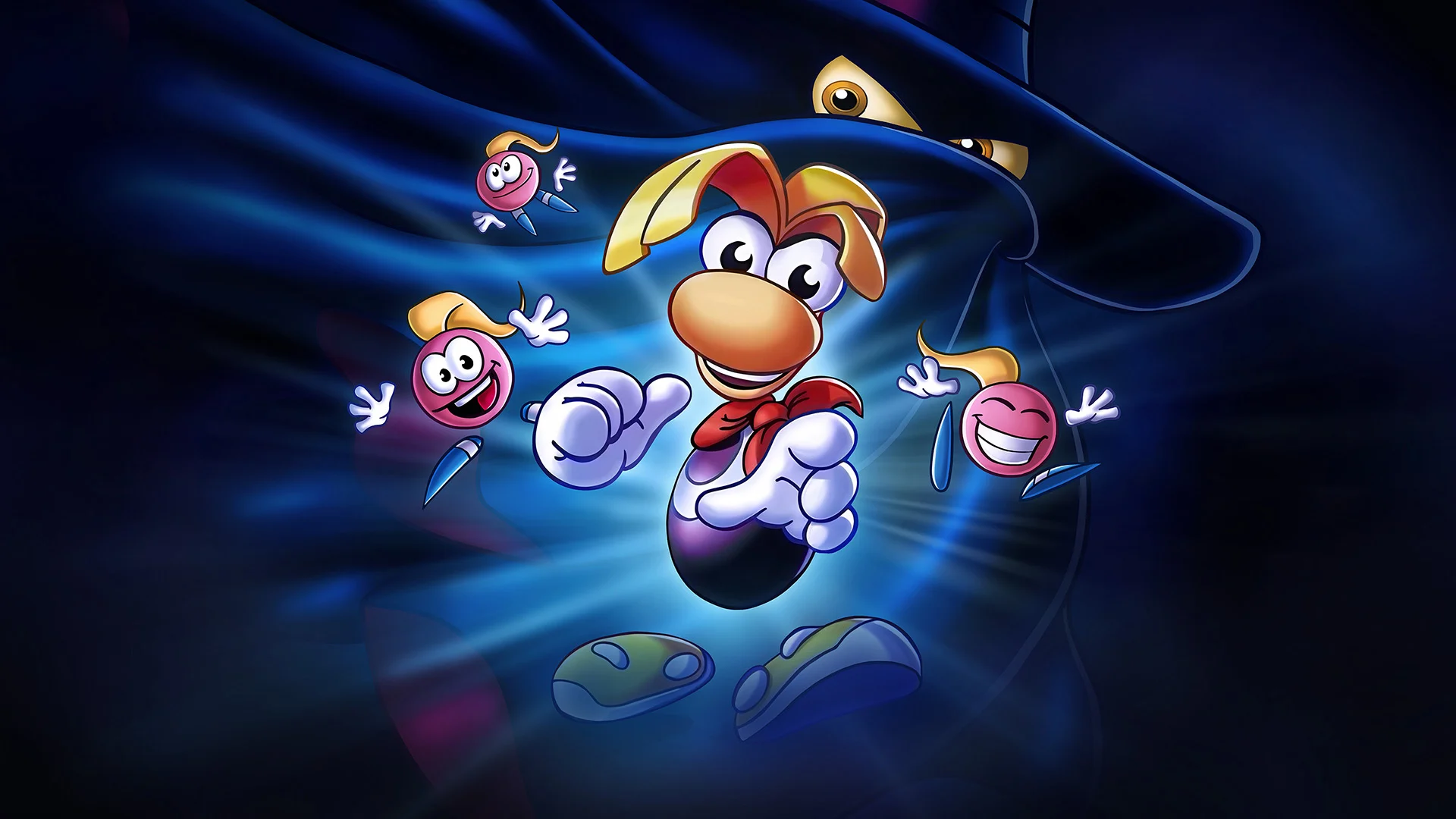There’s nothing like being trapped on an inhospitable alien world with no hope of rescue to really get the blood pumping. At least, that what I’d believe; surely it would be incredibly stressful? Morningstar: Descent to Deadrock begs to differ.
When the small spacecraft Morningstar crash lands mysteriously on the planet Deadrock its surviving crew seem remarkably unfazed by the experience. Perhaps they’re used to crash landing on hostile alien planets, who knows. In any case, Morningstar: Descent to Deadrock is a “bigger budget” remake of the 2009 Flash game Morningstar, which expands the original game and reworks the environments, which introduce a few new gameplay elements. Generally, Descent to Deadrock is a good remake of the original flash game, but it’s let down by some extremely lacklustre voice acting and a slightly one-note story. Nonetheless, whilst the environments are barely interactive they manage to convey a great atmosphere, and for a short point-and-click experience, the journey is memorable.

The main component of the gameplay across the two-hour story is traditional point-and-click, this time from a first-person perspective. First-person adventures have been done before, such as the imitable Myst or The 7th Guest, but few have been set on alien worlds, like Morningstar. The story overall is sufficient; you’ll never get emotionally invested, but it keeps your interest for the duration. Its main issue is that it’s rather one note and never justifies the existence of the locations or backstory of the characters. The environments are pre-rendered and almost entirely static. As a result, the game sometimes comes across almost like a hidden object game, which is to its detriment. You navigate around your ship and later across the planet, picking up objects and then combining them with other objects to solve various puzzles, with the ultimate aim of repairing your ship and escaping. One of the first you must solve concerns captain Novak, who has been impaled on a steel beam in the crash. In order to save his life you must find a way to remove the beam without killing him.
Morningstar features a very nice, unobtrusive hint system in the manner of the radio communicator, which connects you with Novak who will then offer a little bit of advice regarding what you should do next. In conjunction with this system, the inventory interface is nicely straightforward, and pressing spacebar when you first enter an area shows you all the objects you can interact with. In tried and tested manner, if you only need an object once it’ll disappear from your inventory when used, whilst objects which see repeated use tend to stick around.
Graphically the game isn’t anything to write home about. The short opening and closing cutscenes are certainly pretty, but together are almost the entirety of rendered video for the whole game. Whilst the pre-rendered static environments look rather dated, they still possess a clean, stylish look to them which helps to cover up the aging textures and non-detailed environments. Such is the way of prettifying a Flash game. The game is also like most point-and-clicks purely critical path, and once you’ve completed it there will be no reason to return.

The voice-acting is, shall we say, lacking. The main character of Powell sounds permanently bored even when in mortal peril and his captain Novak fares little better. This is especially cringe-inducing when they’re having a matey back and forth “joke”, which sounds incredibly forced. Novak’s dull, listless tones patiently explaining why he can’t move a box do mean at least that it’s very difficult to ever get stuck, since everything is explained is great detail. Indeed, the game actively wants to help you, and listening to what Powell says when you click on an item will almost always yield useful information. However, it does make empathizing with him as a character difficult, especially considering he expresses no remorse for the death of one of the crew and seems mostly antagonistic towards Novak. On the other hand, it’s good that the ambient music helps to set the mood very well, being equal parts mysterious and soothing.
Morningstar: Descent to Deadrock doesn’t make any deadly missteps, but it doesn’t do anything magnificently either. So many adventure games these days keep trying to relive the glory days by remaking point-and-clicks exactly how they were in 1995, warts and all. Morningstar manages to avoid a couple of the more common pitfalls by having an excellent UI and streamlined inventory, but proceeds to fall over on the voice-acting and story fronts. If point-and-clicks are your bread and butter you’ll find a lot to enjoy in Morningstar. As a side note, I hope that in the near future adventure games will start making innovative changes and become something more than trying to recreate old success. Morningstar is decent, but it needed the spark of originality to be able to really shine.





